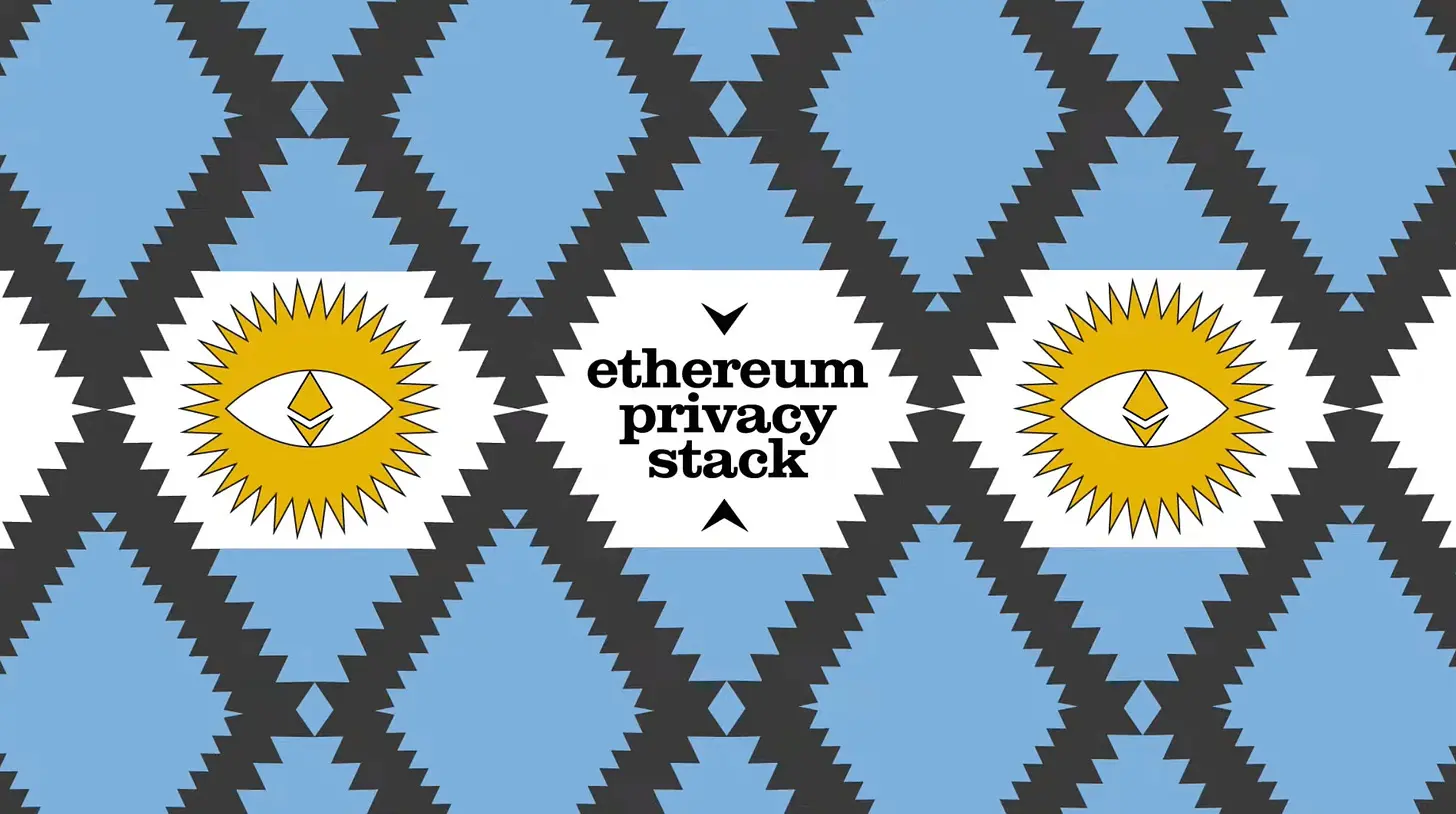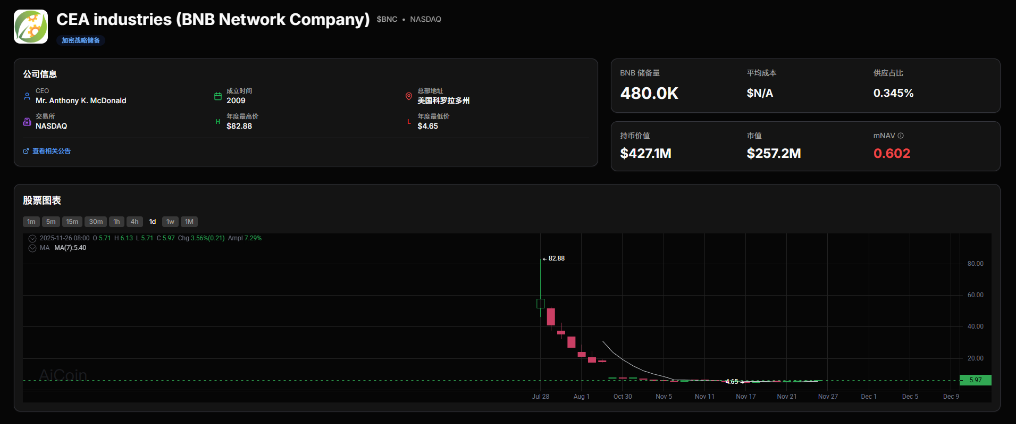Christie's Launches Cryptocurrency Payment Option, Allowing Wealthy Clients to Go Under the Radar
Christie's International Real Estate has established a dedicated department to allow buyers to use digital currency to purchase real estate, becoming the first major brokerage to form a professional team to handle real estate transactions with pure digital payments.
Original Title: Christie's Debuts Crypto Real Estate Division
Original Source: The New York Times
Original Translation: Bitpush News
One of the largest luxury real estate brokers in the United States is establishing a dedicated division that allows buyers to use digital currency to purchase real estate.

Christie's International Real Estate becomes the first major brokerage to assemble a professional team to handle purely digital payment property transactions. The team consists of lawyers, analysts, and crypto experts, providing a bank-independent transaction service to both buyers and sellers, at a time when cryptocurrency is increasingly integrating into the mainstream financial system.
The CEO of a subsidiary of Christie's based in Los Angeles, Aaron Kirman, announced the establishment of this division on Thursday.
Over the past two years, he has already completed several high-value transactions, including a $65 million purchase of a Beverly Hills property, where the buyer requested the seller to accept cryptocurrency instead of traditional US dollars.

Aaron Kirman
The seller agreed, and Kirman has also felt the market shift.
In an interview, Kirman said: "This trend is obvious—cryptocurrency will continue to exist. In the coming years, it will only grow larger."
The Trump administration and Washington have consistently supported digital currency. Last week, US President Trump signed the landmark "Genius Act," outlining federal rules for stablecoins, a popular digital currency designed to maintain a $1 price.
Last week, the House of Representatives also passed the "Clarity Act," significantly strengthening the industry by protecting it from aggressive regulation. The bill has now been introduced to the Senate.
These bills come after a series of executive actions and regulatory reforms in Washington, all of which have greatly benefited the Trump family. It is estimated that his cryptocurrency wealth has now grown to as much as $7.1 billion, and his family's cryptocurrency business, "World Liberty Financial," is thriving.
With the strong support of Trump, cryptocurrency—once considered by many to be obscure or risky—is now gaining Washington's approval and is set to take over the real estate market.
In June of this year, Fannie Mae and Freddie Mac were both instructed to consider cryptocurrency investments as a key part of the investment portfolio when homebuyers apply for mortgages.
According to a recent Gallup poll, approximately 14% of U.S. adults now own at least some cryptocurrency.
Koman noted that while real estate transactions using cryptocurrency are still relatively rare, digital currency is increasingly being offered as a form of payment, especially among the wealthy who could otherwise pay entirely in cash.
The significant appeal of cryptocurrency is its ability to allow buyers to protect their identity completely, something that may be challenging to achieve in other circumstances.

The "Invisible House" of the Joshua Tree will also accept cryptocurrency payments, valued at approximately $18 million. Image Source: One Shot Productions
Celebrities, royalty, and the wealthy have long purchased homes through limited liability companies (LLCs) to minimize paper trails of their home and investment ownership. However, fans and internet sleuths excel at connecting LLCs to the celebrities behind them, and this sales information often leaks.
For example, in 2023, Beyoncé and Jay-Z purchased a $200 million mansion in Malibu through an LLC, breaking the California real estate records, yet the news quickly made headlines.
Koman stated that he has completed several transactions where sellers did not know the buyers' identities. He said sellers' attorneys communicate with the buyers' representatives to ensure the transferred funds are not from illegal sources.
He now has a portfolio of homes whose sellers are willing to accept cryptocurrency, with these homes' total value exceeding $1 billion.
This includes a $118 million luxury home in the Bel Air neighborhood of Los Angeles, nicknamed "La Fin"; a $63 million Beverly Hills mansion designed by Woods and Dangaran, named "Nidingr"; and the uniquely minimalist Invisible House in Joshua Tree, whose mirrored exterior walls make it appear to disappear into the desert.

Coleman stated that the Bel Air property worth $1.18 billion is the most expensive residence to be listed for sale in cryptocurrency to date. Image Source: One Shot Productions
“Accepting cryptocurrency shows that we are open to innovative buyers, some of whom are cryptocurrency millionaires and billionaires looking to diversify into real-world assets,” said the owner of the 'House of Hidden Hills,' Chris Hanley. He has listed the property for sale at a price of $17.95 million.
In a new division working with Christie’s, buyers are also using limited liability companies, but they are setting up these companies with cryptocurrency instead of bank deposits, making the tracing process even more challenging.
Mr. Coleman stated that he is currently in negotiations with several major banks to start accepting cryptocurrency for homes that need financing, estimating that within five years, cryptocurrency transactions will represent over a third of all residential real estate transactions in the United States.
“We have been very successful in protecting buyer identities,” Mr. Kilman said, referring to the transactions he has completed using cryptocurrency. “If my seller doesn’t mind that the buyer remains anonymous, then thank God bless America.”
Disclaimer: The content of this article solely reflects the author's opinion and does not represent the platform in any capacity. This article is not intended to serve as a reference for making investment decisions.
You may also like
Ethereum Privacy’s HTTPS Moment: From Defensive Tool to Default Infrastructure
Summarizing the "holistic reconstruction of the privacy paradigm" from dozens of speeches and discussions at the Devconnect ARG 2025 "Ethereum Privacy Stack" event.

Shareholder Revolt: YZi Labs Forces BNC Boardroom Showdown

Halving Is No Longer the Main Theme: ETF Is Rewriting the Bitcoin Bull Market Cycle

The Crypto Market Amid Liquidity Drought: The Dual Test of ETFs and Leverage

